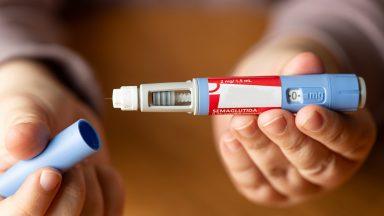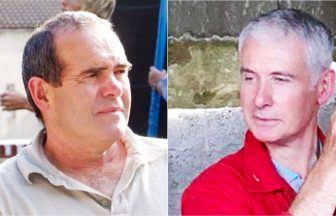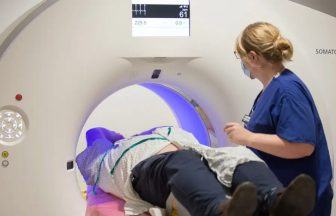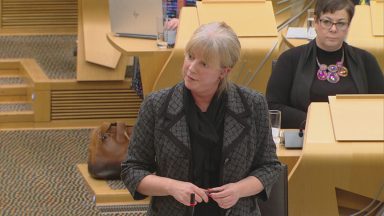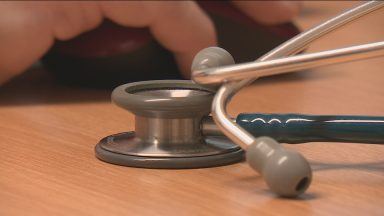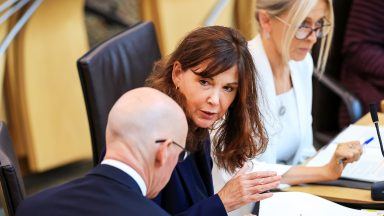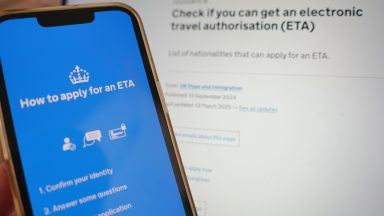Scots have been urged to stop turning to “inaccurate and misleading” medical advice generated by artificial intelligence.
Healthcare Improvement Scotland (HIS) surveyed more than 560 people across the country about medicine safety, long-term conditions, and preconception care.
The Citizens’ Panel 15 found 61% said they would turn to search engines for answers about medicines they are taking.
Clare Morrison, HIS’s director of engagement and change, said many search answers give AI-generated answers that can be “inaccurate and misleading”.
“Our report found that people want to know how to get reliable information about their medicines,” she said.
“The growth of AI means this isn’t always obvious.
“It is so important that trusted and evidence-based medicines information is clearly available for the public, and one way to achieve this is by looking for NHS-branded websites.”
It comes as hundreds of people have reported problems with their pancreas linked to taking weight loss and diabetes jabs, prompting health officials to launch a new study into side effects.
Ms Morrison added that using search engines for medical-related questions can pose a potential risk because search engines use AI to provide a summary of search results without clarity in terms of what sources are included and their reliability.
“This is also important to consider with the increasing rise of the use of AI, with individuals potentially using AI tools to find medicine information,” she said.
The survey found that 88% of respondents said they would feel confident that the information is reliable and up to date if it has NHS branding, such as the NHS logo.
Nearly all who took part in the panel agreed that it is important to them to understand the purpose, benefits and risks of the medications they take, and 93% agreed that they are willing to be involved in discussions about the medication they take, including about risks and potential harms.
85% of panel members said they would look at an information leaflet about the medicine included in the medication packaging.
Additionally, 71% of people said they would look for information online using an NHS Scotland website.
Ms Morrison said the findings indicate “high levels of confidence” in information provided by NHS Scotland and highlight the importance of NHS branding in helping the public feel confident that the information is reliable.
“This suggests there could be scope to build on the use of NHS branding further in this area,” she said.
“These findings take on further importance in the context discussed above, where information found online may be of questionable reliability, highlighting a potential role for the NHS and healthcare professionals to play in signposting the public to reliable online information sources and supporting them in assessing the reliability of information.”
A Scottish Government spokesperson said: “We welcome the findings of Healthcare Improvement Scotland Citizens’ Panel.
“Anyone seeking health information on treating conditions and medication should follow the evidence-based advice and guidance available on websites such as NHS Inform.”
Follow STV News on WhatsApp
Scan the QR code on your mobile device for all the latest news from around the country


 iStock
iStock